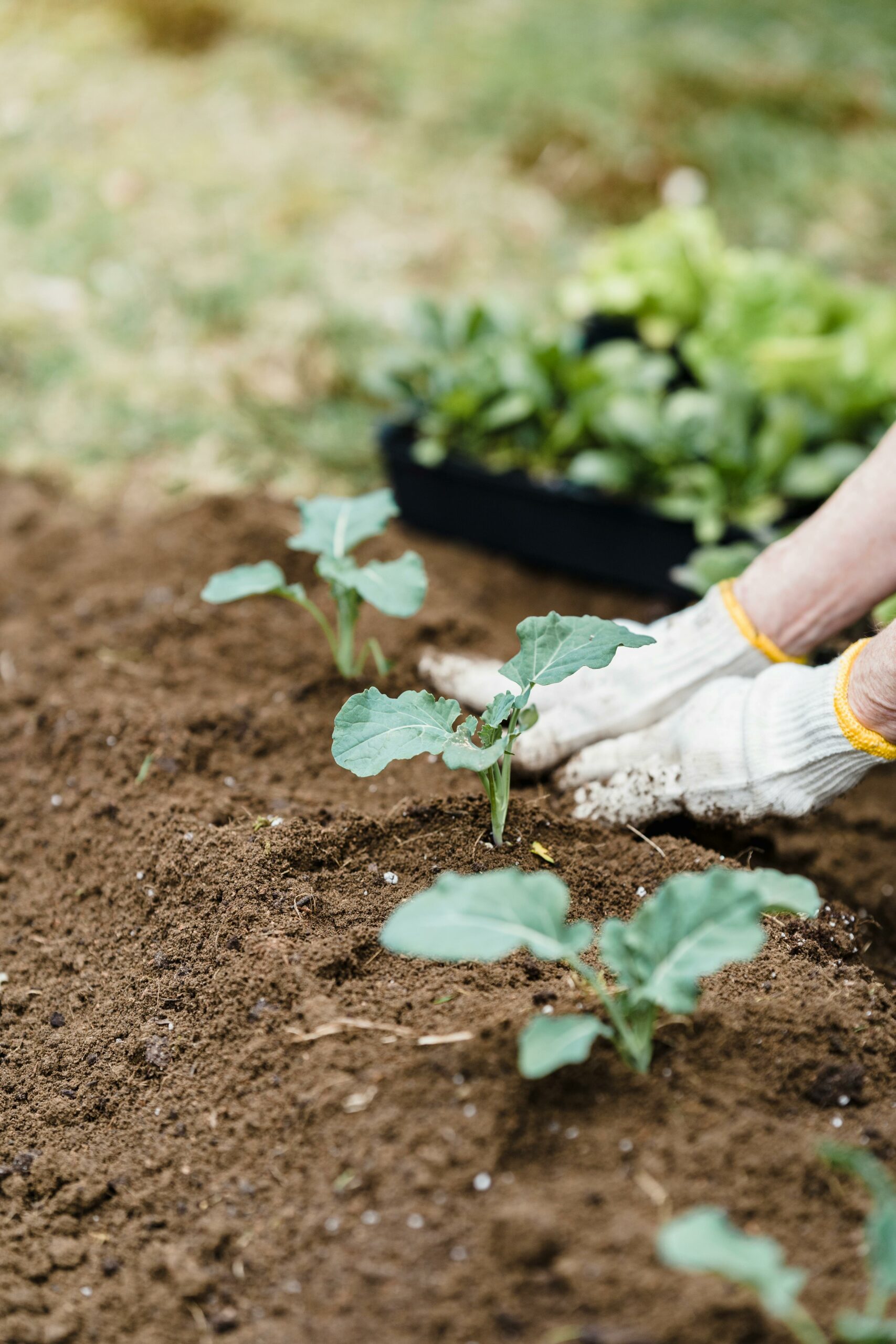The idea of organic growing has gained significant popularity in recent years as more people seek sustainable and environmentally friendly gardening practices. But what exactly does “organic” mean in the context of gardening?
At its core, organic gardening is a holistic approach that prioritizes the health of the soil, plants, and surrounding ecosystem. Unlike conventional gardening methods that rely on synthetic fertilizers, pesticides, and herbicides, organic growing emphasizes natural and environmentally safe techniques to cultivate healthy and abundant crops.
One of the fundamental principles of organic growing is soil health. Organic gardeners recognize that healthy soil is the foundation of a successful garden, as it provides essential nutrients, supports plant growth, and fosters biodiversity. To promote soil health, organic growers focus on building and maintaining fertile, well-aerated soil through practices such as composting, mulching, and crop rotation. Compost, for example, is a valuable organic amendment made from decomposed organic matter such as kitchen scraps, yard waste, and manure. Adding compost to the soil enriches it with essential nutrients, improves its structure, and enhances its ability to retain moisture – all of which contribute to healthier plants and higher yields.

In addition to nurturing the soil, organic growers prioritize biodiversity and natural pest management strategies. A key component of this strategy involves the ability to identify insects in all life stages. Instead of relying on chemical pesticides and herbicides that can harm beneficial insects and disrupt the ecosystem, organic gardeners employ techniques such as companion planting, crop rotation, and biological pest control to manage known pests and diseases. Companion planting, for example, involves planting certain species together to attract beneficial insects, repel pests, and improve overall plant health. On the other hand, marigolds are known for their ability to deter nematodes and other soil-borne pests, making them an excellent companion plant for tomatoes and other susceptible crops.
Furthermore, organic growing emphasizes the use of organic fertilizers and amendments derived from natural sources such as compost, manure, and bone meal. These organic inputs provide plants with essential nutrients while enriching the soil and promoting long-term soil fertility. For example, compost, a cornerstone of organic gardening, is a nutrient-rich blend of decomposed organic matter, including kitchen scraps, yard waste, and plant residues.
As it breaks down, compost releases valuable nutrients like nitrogen, phosphorus, and potassium, fueling healthy plant growth and development. Plus, it improves soil structure, boosts moisture retention, and enhances beneficial microbial activity – all essential ingredients for a flourishing garden.
In summary, organic growing is a sustainable and environmentally friendly approach to gardening that prioritizes soil health, biodiversity, and natural pest management strategies. By embracing organic gardening practices and avoiding synthetic chemicals, organic growers can cultivate healthy, vibrant gardens while minimizing their impact on the environment.
Organic growing is more than just a gardening method – it’s a philosophy rooted in sustainability, environmental stewardship, and respect for nature. By embracing organic growing principles and practices, gardeners can play a vital role in promoting a healthier planet and a regenerative future for our future generations.


